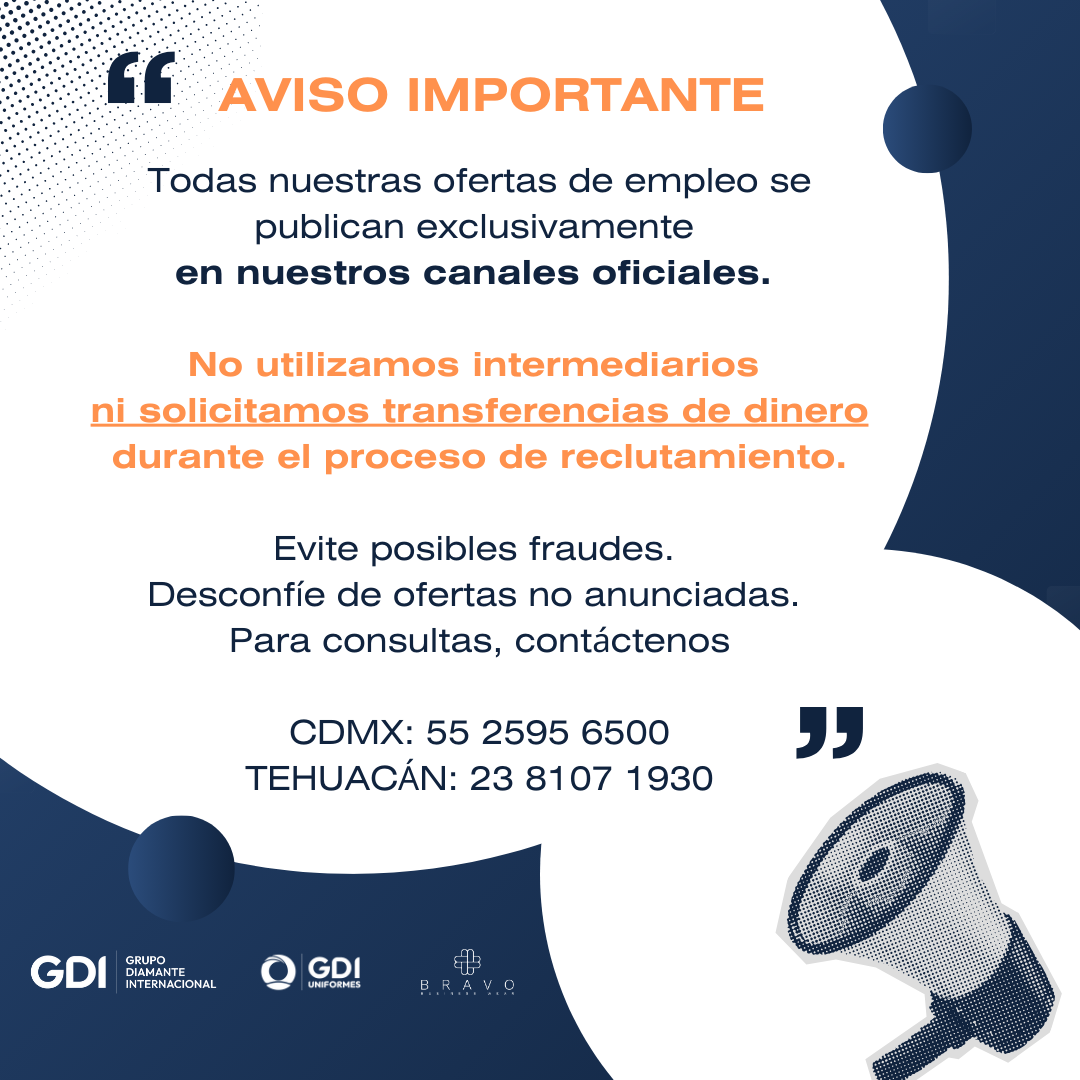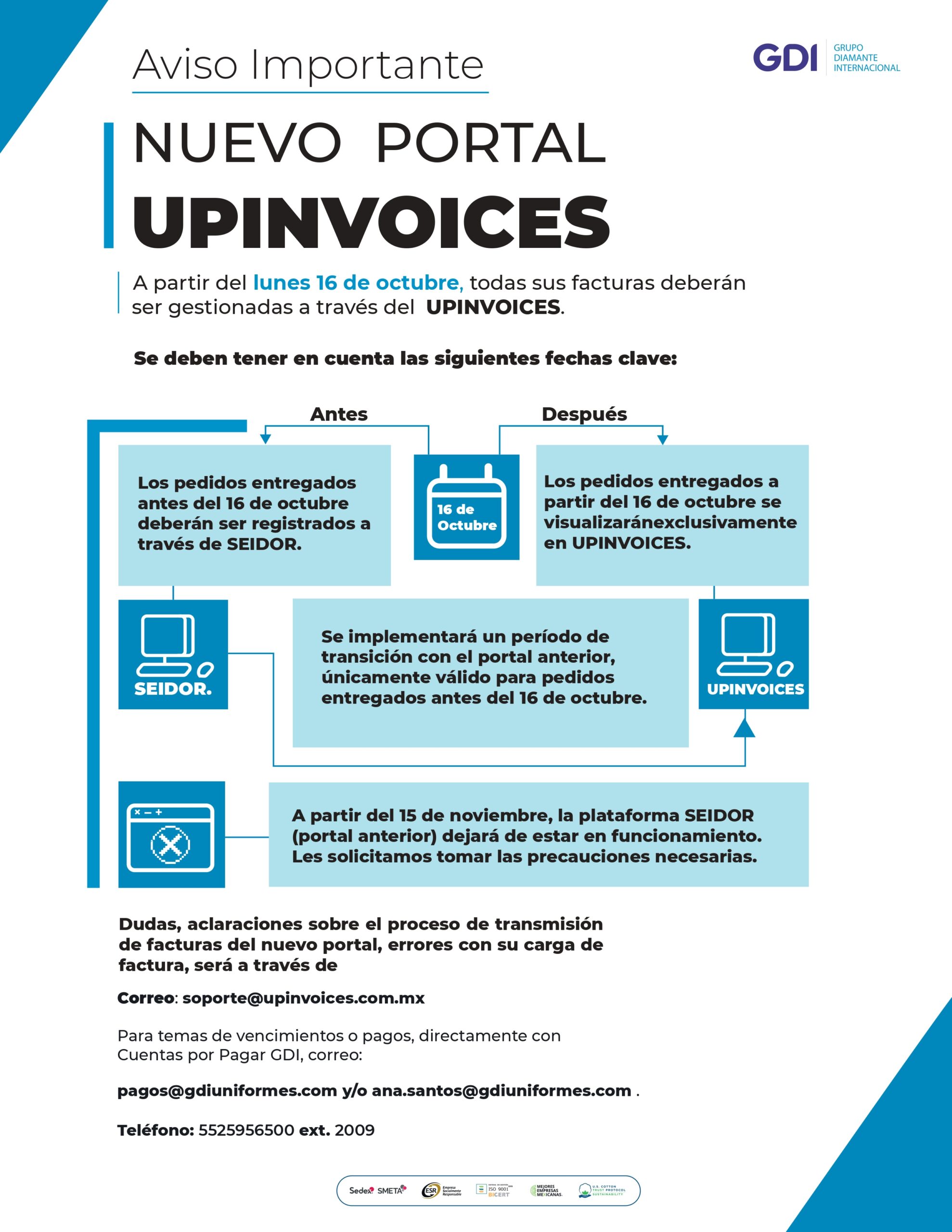Globally, telemedicine is an increasingly sought-after option for connecting injured or sick employees with health professionals, from work or home. Today, as governments urge patients to avoid going to hospitals and practice social distance, there has been even greater interest in using telemedicine services to obtain remote treatment, prescriptions or professional care during the Covid-19 crisis.

Telemedicine can deliver fast, convenient and accessible health care for many businesses in cases of injury or illness.
WHAT IS TELEMEDICINE?
Telemedicine is the practice of treating patients remotely, when the healthcare provider and patient are not physically present. A patient in one location can connect with a doctor, nurse, physiotherapist or any other healthcare provider in another location via a smartphone, tablet or computer.

BENEFITS OF TELEMEDICINE
- Availability. The best telemedicine services can connect workers with healthcare providers 24/7/365. Telemedicine also enables consultations with specialists in remote areas.
- Fast and convenient care on site. Telemedicine allows minor work-related injuries to be quickly addressed and often treated at the workplace. Physiotherapists can deliver exercises, postural instructions and monitor the progress of rehabilitation processes, and even check on patients while they are at work.
- Accessibility. The costs of telemedicine are significantly lower than those of face-to-face consultations and hospital emergency room visits. As well as directly lowering treatment costs, telemedicine helps reduce unnecessary emergency care and improves the management and accuracy of care requests.
- Rapid recovery. Telemedicine can put workers on a fast track to recovery. A worker can be quickly treated and inserted into a recovery plan; he or she may never even need to leave work. This rapid recovery can also increase productivity and shorten the time it takes for medical leave or compensatory payments.
- Security. Telemedicine can also be a good alternative when it is not safe to visit a doctor in person, physical facilities are closed, or health services are overwhelmed by an incident such as a pandemic.

It is important to note that telemedicine may not be appropriate for serious injuries and is not a substitute for emergency care. In addition, some employees may prefer to receive care at a doctor's office or health service even when telemedicine is an option.
If your company decides to consider telemedicine services for its employees, it is important to choose a provider that fully complies with local laws and regulations applicable to the telemedicine concept.
At GDI we seek to support our employees, wherever they are. During confinement we provide this type of support to our staff to keep them safe, with psychological and exercise support and to keep them fit.






